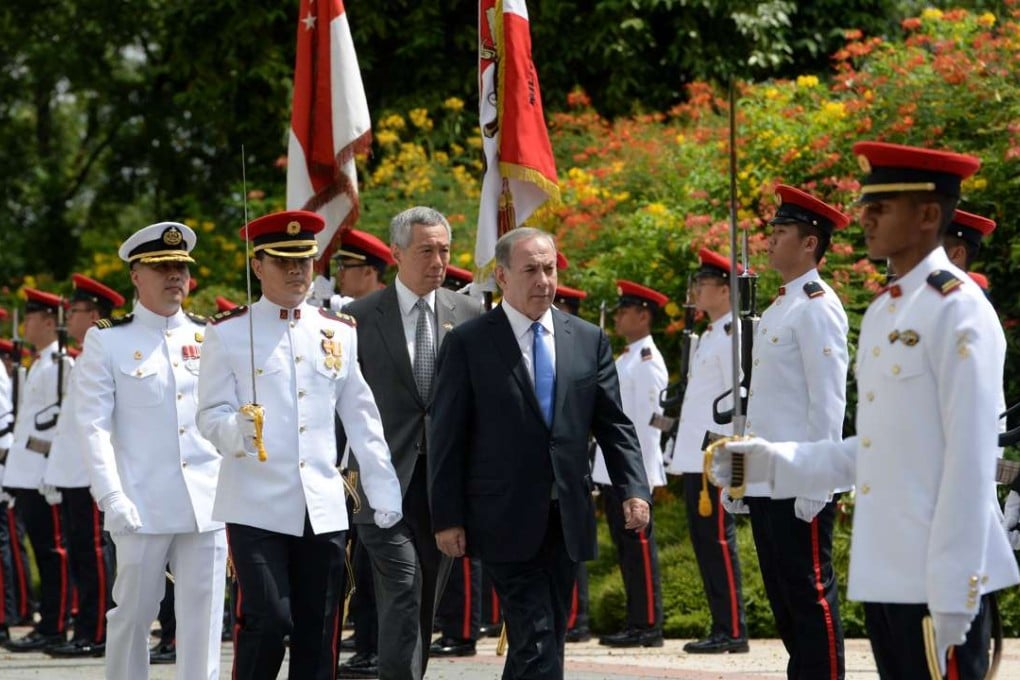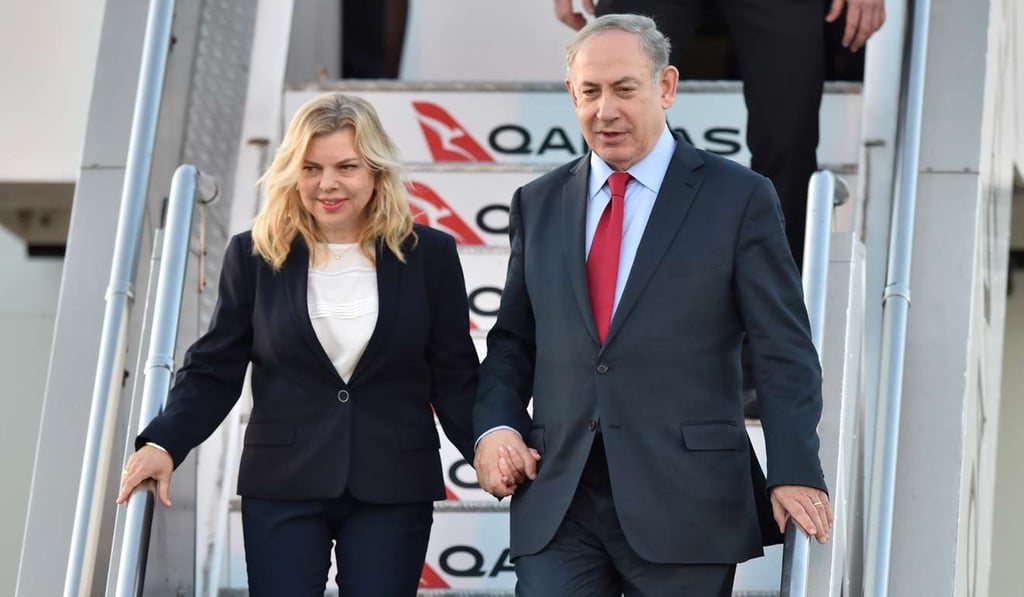Netanyahu’s drama-free Singapore trip: Are Malaysia, Indonesia finally warming to Israel?
Israeli prime minister’s visit stands in stark contrast to that of an earlier leader, Chaim Herzog, 30 years earlier

Israeli Prime Minister Benjamin Netanyahu’s forced flight detour this week to avoid Indonesian air space en route to Australia from Singapore puts the spotlight on Tel Aviv’s continued diplomatic distance from Southeast Asia’s Muslim majority nations, but experts say these ties are not as strained as they seem.
Tiny Singapore’s kinship with Israel – one of its oldest and most important military partners – is a longstanding diplomatic quandary for the island nation. Its larger neighbours Malaysia and Indonesia are among a handful of Muslim-majority nations that do not recognise Tel Aviv because of its occupation of Palestinian land.

The stopover in Singapore underlined Israel’s close ties with the young Southeast Asian republic. Following Singapore’s acrimonious split from Malaysia in 1965, Israel provided the city state assistance in building up its military, a task turned down by bigger powers including India and Egypt. Those actions were largely hidden from the public. Singapore referred to the Israeli advisers as “Mexicans” to avoid the ire of its anti-Israel neighbours.
But the close relationship came to the fore in 1986 when Herzog (pictured right) visited Singapore at the city state’s invitation as part of a tour of Asia and the South Pacific that also took in Hong Kong, Australia, New Zealand, Fiji and Tonga. Kuala Lumpur and Jakarta reacted furiously, as the two countries’ Muslim political leaders read Singapore’s invite as an affront to their support for the Palestinians.